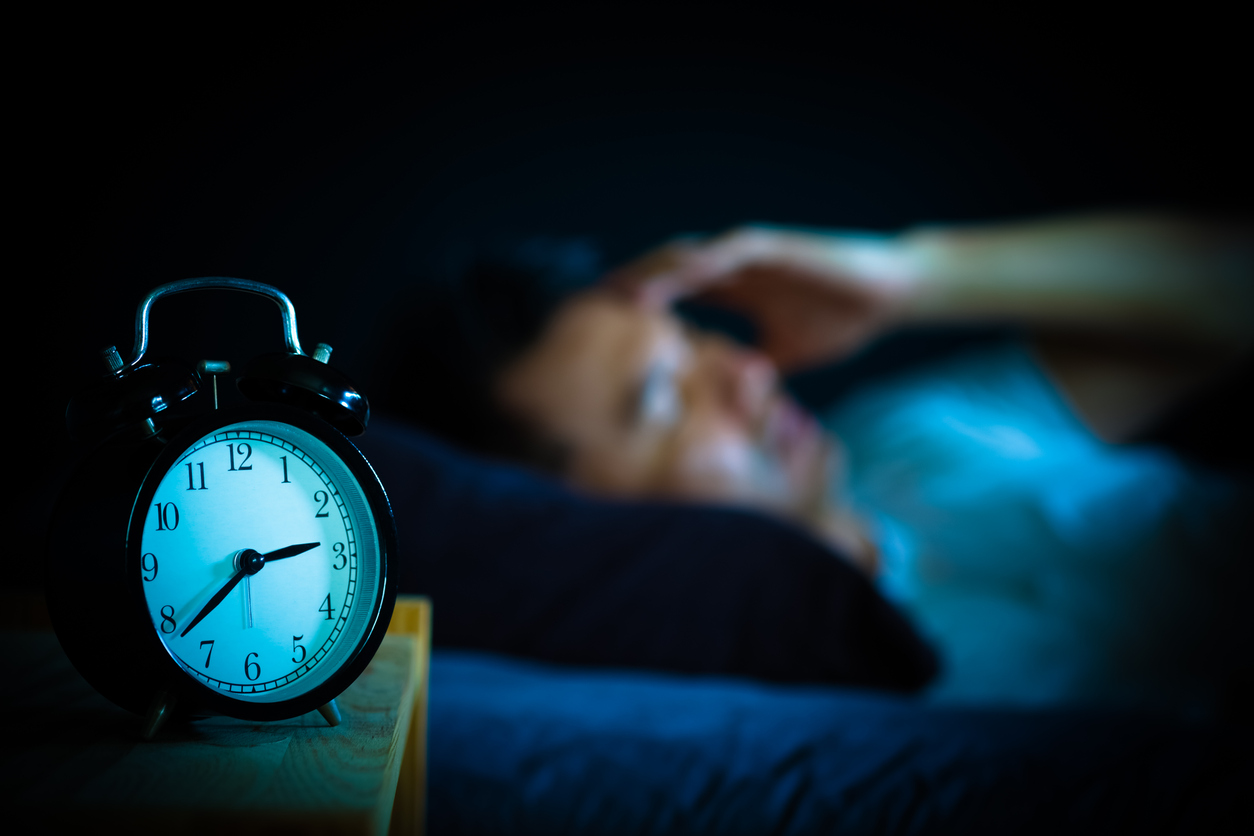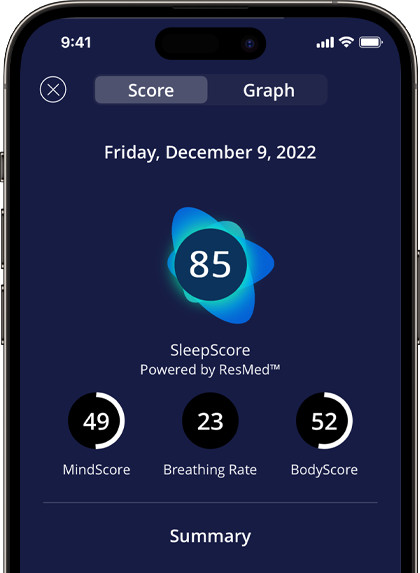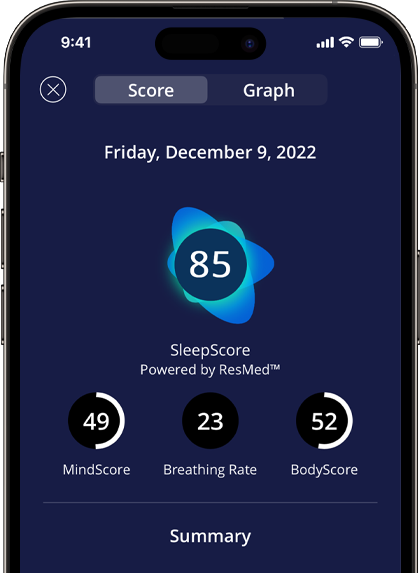Why Do I Keep Waking Up at 3am?

You change into comfy pajamas, tuck in for the night, and drift off. Suddenly, you’re up at 3am on a Saturday. Not what you planned, but you can’t fall back asleep. Why is that?
Going through the sleep stages
When you sleep, your body cycles through distinct sleep stages. It begins when you feel drowsy and your muscles relax; this is referred to as transitional light sleep. Light sleep follows; during this stage your sleep is easily disrupted. Next is the stage of deep sleep, when your heart rate and breathing slow down. Deep sleep is critical for health, because it is when your body spends the most time repairing itself physically. During deep sleep, it is more difficult to be woken up compared to the other stages of sleep. The rapid eye movement (REM) stage of sleep is when your brain is the most active. REM sleep is when dreaming occurs, and it is the stage of sleep that helps with learning and memory. Typically REM occurs for the first time around 90 minutes into your sleep. The length of the stages are different throughout the night. By 3am, you are less likely to be experiencing deep sleep than you were earlier in the night.
It is important to know that it’s natural for your body to enter brief wake periods as you cycle through different stages of sleep. Noticing that you have woken up during the night is a common experience. However, some people worry that they wake up too often, or they’re concerned about having trouble falling back asleep after waking up in the middle of the night or too early in the morning.
Reasons why you might wake up at 3am
One reason why you may be waking up at 3am is because your sleep is disrupted during light sleep. It could be that your sleep cycle happens to enter this stage of sleep around 3am each night, and something that didn’t disturb your sleep during other sleep stages could be disturbing you during light sleep. Lights and sounds are two well-known culprits. To combat this, make adjustments in your bedroom environment or use products such as sleep masks or white noise machines.
Many people wake up from sleep to use the bathroom. This is not unusual, especially if you drink liquids close to bedtime. Try monitoring your fluid intake during the hours before bed to see if this makes a difference, but make sure to stay hydrated during the day. If you think your nighttime restroom trips might be due to an underlying medical condition, be sure to speak with your doctor.
Anxiety, depression, pain, menopause, stress, and medications are just a few examples of issues that could be interfering with your sleep. If these factors might be preventing you from sleeping well, it’s a good idea to have a discussion with your doctor. Also, it’s useful to be aware that our sleep changes as we get older, which often involves waking up during the night more frequently compared to when we were younger.
Ways to prevent waking up at 3am
What does your sleep schedule look like? Is it consistent or erratic? Are you napping during the day instead of allowing yourself enough time to get 7 or 8 hours of sleep at night? One of the best things that anyone can do for their sleep is to stick with the same bedtime and wake-up time every day. The body loves routine, so do your best to create and prioritize a schedule that will allow for a good night of sleep. Give it a try and see if this helps you sleep through the night more often.
Having a pre-bedtime routine can also help in supporting healthy sleep. For example, this could be a nightly ritual of a warm bath followed by gentle stretching. However, everyone is different so figure out what works for you. Other sleep tips include exercising in the morning, cutting caffeine after 2pm, limiting screen time in the evening, and avoiding large meals and alcohol during the hours before bedtime.
What if you can’t prevent waking up and can’t fall back asleep? If you are unable to relax and fall back asleep within around 20 minutes, get out of bed so you are not associating wakefulness with your bed. Your bed should represent tranquility and sleep. Go to a different comfortable spot in your home and do a simple activity that’s calming for you. Resist the urge to check email or do anything else that might really activate your brain. Once you feel drowsy and tired, return to bed to get some rest.
Should I see a sleep expert?
Consistently poor and insufficient sleep can have a negative impact on your health and quality of life. If this is a concern for you, talk to your doctor for advice and to check whether a medical issue might be impacting your sleep. There are many sleep aids and products that target general or specific sleep issues, but keep in mind that there is no one-size-fits-all approach. Listen to your body, take note of what happened the day before if you had trouble sleeping, and consult with a professional as needed. Getting up to sip some water or use the bathroom is common but, if you’re waking up more often than you feel comfortable with, seek out the help of an expert who can point you in the right direction. If you’re looking to optimize your sleep or get one on one help, a sleep coach can be a big help too.
Have a good night!



